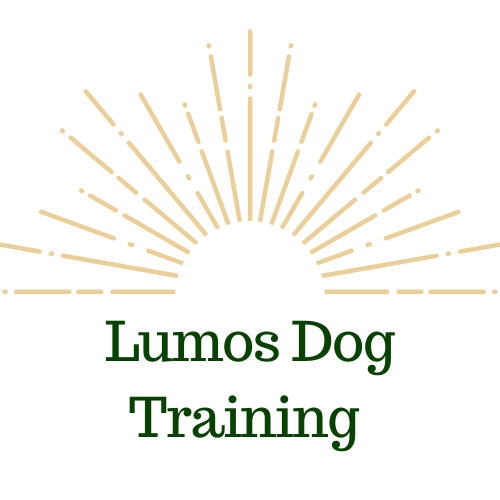Finding the Right Dog Trainer
This industry is unregulated, so it’s up to ethical trainers to continue their education and learning on their own. Being held accountable for continuing their education means a lot! We invest time, money, and energy into learning more and improving our skill sets.
Credentials to look for:
CPDT-KA, Certified Professional Dog Trainer-Knowledge Assessed
UW-AABA, University of Washington-Applied Animal Behavior Analysis
CCBC, Certified Canine Behavior Consultant
CDBC, Certified Dog Behavior Consultant
KPA-CTP, Karen Pryor Academy-Certified Training Partner
ACAAB, Associate Certified Applied Animal Behaviorist
CSAT, Certified Separation Anxiety Trainer
VSA-CDT, Victoria Stillwell Academy-Certified Dog Trainer
Continued Education
Dog training is a scientific process. That means theories on training can be improved and developed.
Would you trust a doctor that still did leeching because that’s how they did things in the 1800s? I doubt it.
Don’t hire a dog trainer that utilizes outdated training methods like prong collars, shock collars, or punishment. The science has proven it isn’t ethical and there are better ways to teach animals and humans.
Experience
There are too many people in the industry that say something along the lines of “I’ve loved animals my whole life and I’ve owned dogs so I’m a dog trainer”
That isn’t a qualifier. I love baking and I’ve been baking most of life, does that make me a pastry chef? No!
Look for qualified trainers that have ample hours of experience working with basic training, behavior modification, teaching classes, and more!
Values and Ethics
Choose a trainer that focuses on kind, humane training methods. A trainer that understands training is about teaching the animals and humans that live with them, utilizing safe management, and can adapt a training plan that works for you and your dog!
Values and Ethics
Choose a trainer that focuses on kind, humane training methods. A trainer that understands training is about teaching the animals and humans that live with them, utilizing safe management, and can adapt a training plan that works for you and your dog!
Key Words to Look for:
LIMA (least intrusive, minimally aversive)
Scientific, up to date methods
Force Free or Fear Free
Positive Reinforcement
Food reward or reinforcement
Welfare focused
Warning Signs
Unfortunately, some trainers know the lingo and choose to use it, even if they aren’t walking the walk. Bottom line, if you don’t feel comfortable with a trainer, do not utilize their methods or continue using them!
You are your dog’s advocate and voice, so find a trainer that makes you both feel safe and comfortable!
Warning signs:
Saying they can “fix” your dog
Blaming or shaming you for your dog’s behavior
Claiming to be “alpha” or “pack leader” or “dominant”
Utilizing tools like prong, shock, or choke collars
Not having credentials or being “self-taught”
Unwilling to disclose their values and training methods

